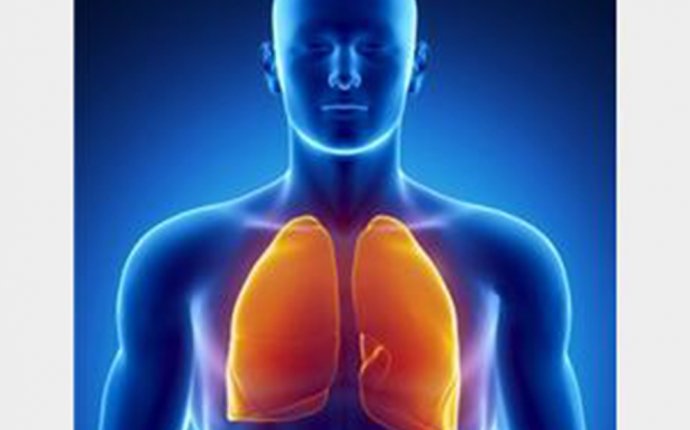
Psychological breathing Problems
When the body is stressed, muscles tense up. Muscle tension is almost a reflex reaction to stress — the body's way of guarding against injury and pain.
With sudden onset stress, the muscles tense up all at once, and then release their tension when the stress passes. Chronic stress causes the muscles in the body to be in a more or less constant state of guardedness. When muscles are taut and tense for long periods of time, this may trigger other reactions of the body and even promote stress-related disorders. For example, both tension-type headache and migraine headache are associated with chronic muscle tension in the area of the shoulders, neck and head.
Millions of individuals suffer from chronic painful conditions secondary to musculoskeletal disorders. Often, but not always, there may be an injury that sets off the chronic painful state. What determines whether or not an injured person goes on to suffer from chronic pain is how they respond to the injury. Individuals who are fearful of pain and re-injury, and who seek only a physical cause and cure for the injury, generally have a worse recovery than individuals who maintain a certain level of moderate, physician-supervised activity. Muscle tension, and eventually, muscle atrophy due to disuse of the body, all promote chronic, stress-related musculoskeletal conditions.
Relaxation techniques have been shown to effectively reduce muscle tension, decrease the incidence of certain stress-related disorders, such as headache, and increase a sense of well-being.
Respiratory System
Stress can make you breathe harder. That's not a problem for most people, but for those with asthma or a lung disease such as emphysema, getting the oxygen you need to breathe easier can be difficult.
And some studies show that an acute stress — such as the death of a loved one — can actually trigger asthma attacks, in which the airway between the nose and the lungs constricts.
Cardiovascular
The heart and blood vessels comprise the two elements of the cardiovascular system that work together in providing nourishment and oxygen to the organs of the body. The activity of these two elements is also coordinated in the body's response to stress. Acute stress — stress that is momentary or short-term such as meeting deadlines, being stuck in traffic or suddenly slamming on the brakes to avoid an accident — causes an increase in heart rate and stronger contractions of the heart muscle, with the stress hormones — adrenaline, noradrenaline and cortisol — acting as messengers for these effects. In addition, the blood vessels that direct blood to the large muscles and the heart dilate, thereby increasing the amount of blood pumped to these parts of the body and elevating blood pressure. This is also known as the fight or flight response. Once the acute stress episode has passed, the body returns to its normal state.
Chronic stress, or a constant stress experienced over a prolonged period of time, can contribute to long-term problems for heart and blood vessels. The consistent and ongoing increase in heart rate, and the elevated levels of stress hormones and of blood pressure, can take a toll on the body. This long-term ongoing stress can increase the risk for hypertension, heart attack or stroke.
Repeated acute stress and persistent chronic stress may also contribute to inflammation in the circulatory system, particularly in the coronary arteries, and this is one pathway that is thought to tie stress to heart attack. It also appears that how a person responds to stress can affect cholesterol levels.
The risk for heart disease associated with stress appears to differ for women, depending on whether the woman is pre- or post-menopausal. Levels of estrogen in pre-menopausal women appears to help blood vessels respond better during stress, thereby helping their bodies to better handle stress and protecting them against heart disease. Postmenopausal women lose this level of protection due to loss of estrogen, therefore putting them at greater risk for the effects of stress on heart disease.
Endocrine
When the body is stressed, the hypothalamus signals the autonomic nervous system and the pituitary gland and the process is started to produce epinephrine and cortisol, sometimes called the "stress hormones."
Adrenal Glands (near kidneys)
Stress signals from the hypothalamus cause the adrenal cortex to produce cortisol and the adrenal medulla to produce epinephrine. This starts the process that gives your body the energy to run from danger.









